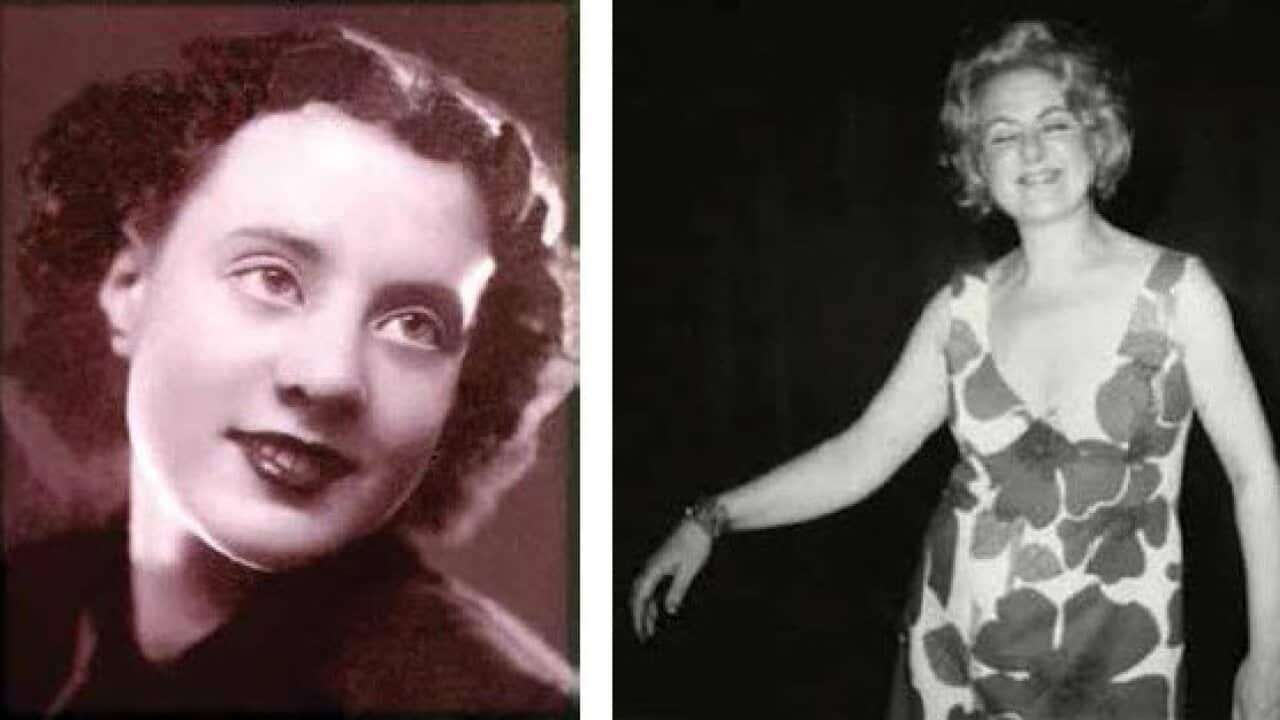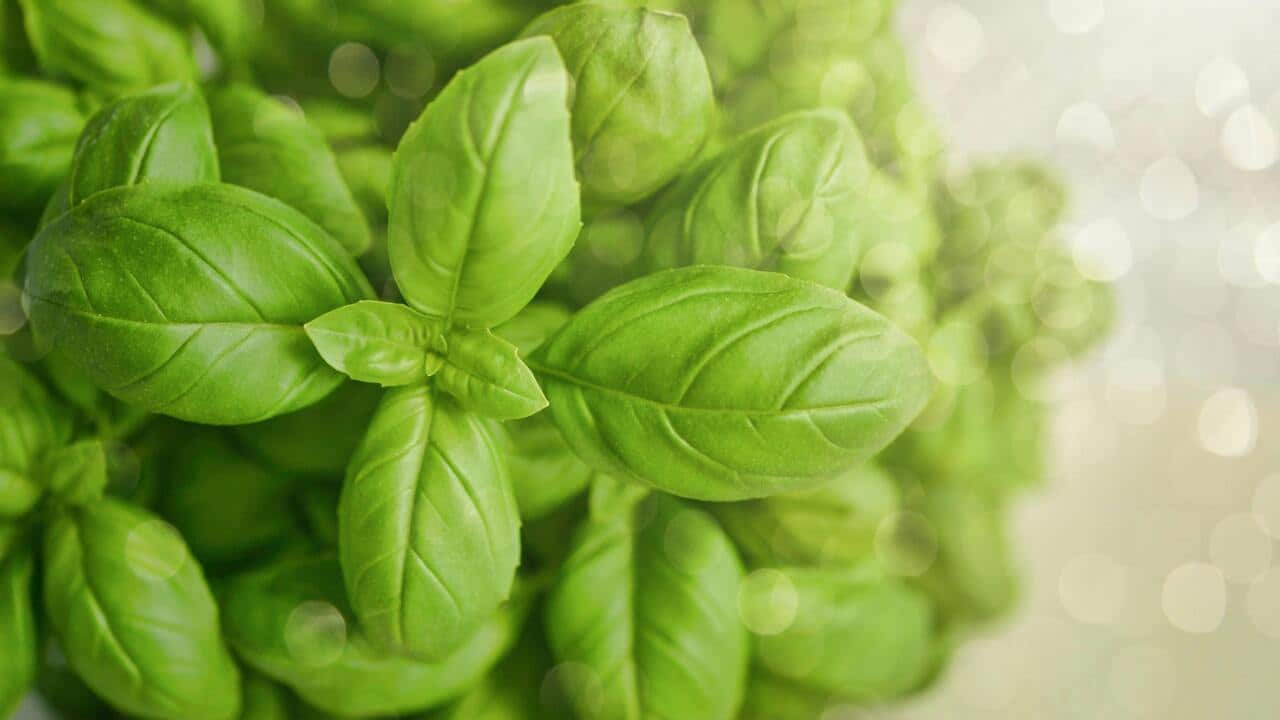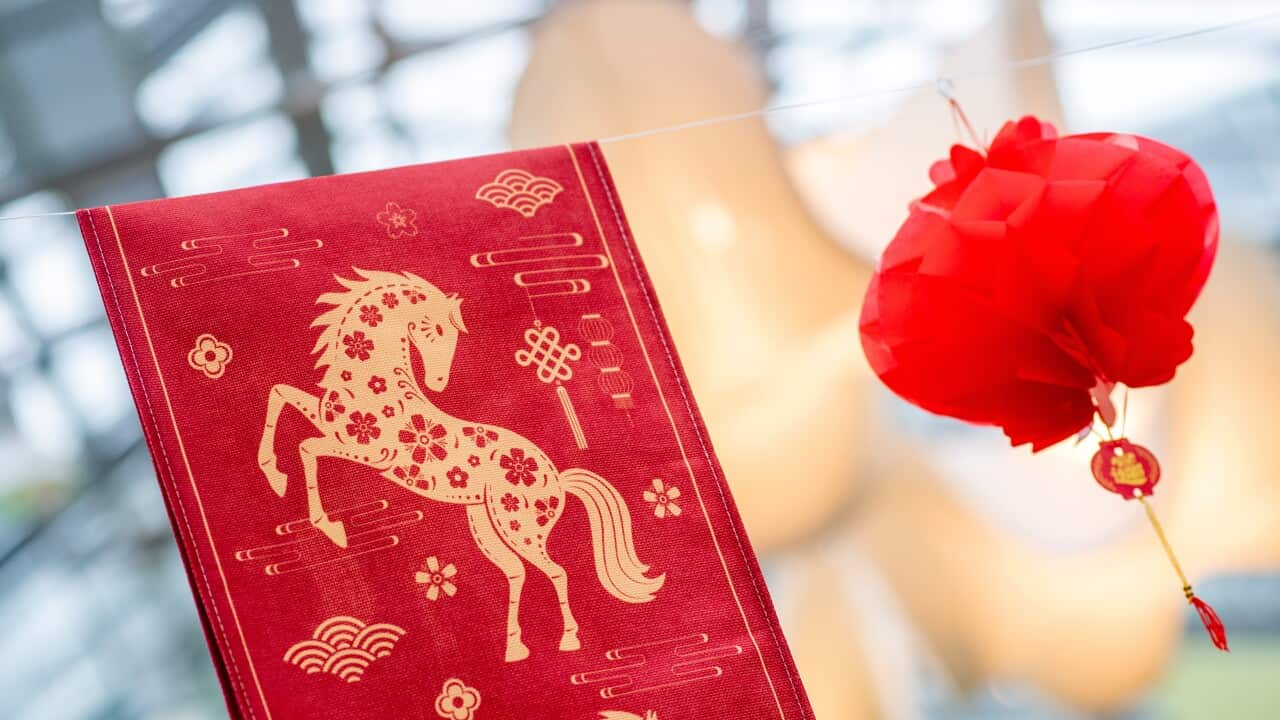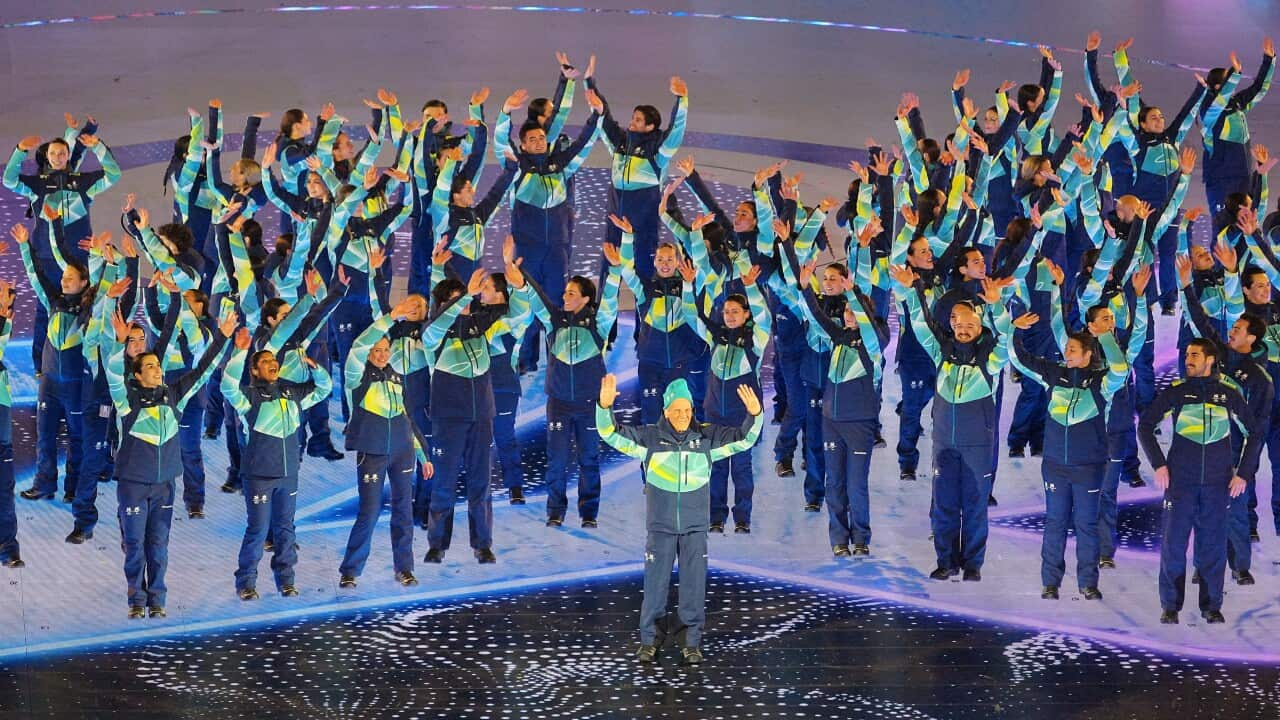L'artista italo-australiano Domenico De Clario ricorda la storia di sua madre in Recalling the journey II.
Ecco un estratto del suo omaggio all'immigrazione in Australia della sua famiglia.
Journey of a Triestina, Viking and Piscean Tiger-Poet
Graziella de Clario – Written by Domenico de Clario
Our mother was born Graziella Agata Minca in the last days of the winter of 1926, in the small medieval port of Capodistria on the coast of what is now Slovenia but was then Italy. The last days of winter in Northern Italy are the loveliest; everything is slowly warming and the fragrance of the first buds and blossoms begins to spread in the soft air.
Graziella was born into a working-class family and at the time of her birth her father, Nicolo Minca, was a successful tailor who employed nine people in a thriving fashion salon.
She met my father at the age of fifteen when Mario went to Via del Bosco to have his soldier’s uniform made by my grandfather and virtually from the day they met until the end of her life my mother thought about no other man.
Before he left for the front two days later Mario gained my grandmother’s permission to write to Graziella and corresponded with her regularly. Upon Italy’s surrender to the Allied forces in 1943 he journeyed straight back to Trieste from the Albanian
front, foregoing his own family despite having known Graziella for only a few days before leaving for Albania. They married in Trieste’s cathedral on 20 May 1945, a few days after the end of the war, and spent their wedding night sleeping on a couch at the foot of my grandparents’ bed while their guests slept on the floor.
I was born two years later and Linda was born fifteen months after me.
"My memories of Graziella are of an extremely attentive and loving young mother who always put the wellbeing of her children ahead of almost anything else in her life."
Our native city was like a big living room, comfortably worn and known, the inhabitants simply occupying their cosy little corner and proceeding from there to celebrate both the city and their loved ones. My family managed to live happily in such circumstances because our joys were homemade and simple and if necessary all of Trieste would become part of our extended living room!
Melbourne provided for us an entirely different set of experiences. I remember Graziella’s great anxiety on our departure from Trieste, as she left behind the security of her family nest, friends and relatives and was as a result inconsolable for many months after our arrival. She somehow found a job almost immediately as a sales assistant in a North Melbourne pharmacy and she revelled in the social interaction with the migrant community that then gathered around Victoria Market.
These exchanges served to mediate a little the desperate weeping that took place in the laundry each evening after work, with me and my sister clinging to her side.
Our new life in Fitzroy bewildered us. We had moved from a city that we experienced as a huge communal living room, with people living in the streets and squares, to one that was desolately shut down after 6 pm each night, except for those passers-by too inebriated to know their way home following the swilling of huge amounts of beer. This took place every night of the working week in myriad pubs throughout Melbourne, as patrons desperately attempted to finish their last orders before closing time.
After a year of witnessing the post 6 pm mayhem on the streets of Fitzroy my parents decided to move further away from the inner city to Brighton (‘to the country’, as they called it) and Graziella then had to travel by train and tram to her North Melbourne workplace, leaving home before first light and not returning until after dark to then cook dinner and carry out other household chores. Three times a week I would meet her at the bus stop to help carry the bags of shopping she would ferry home via tram, train and bus from Victoria Market. My father worked overtime and occasionally took on waiting jobs in Lygon St restaurants, so he would often not be home until very late.
"Our life in Brighton was harsh; we were lonely and isolated, with no contact whatsoever with other Italians."
In the early 1960s we moved back to Carlton when Graziella took on a job in a local pharmacy.
Here the five of us (for my grandmother had by then sailed from Trieste to join us) came alive, mingling with the large Italian community that then populated most of Carlton and surrounding suburbs. From 1966 each of our Saturday afternoons were filled by a specific routine: various foods and thermoses of steaming coffee would be packed as our parents first attended my footy matches at Princes Park and at half-time would then drive to Linda’s netball games at the nearby Royal Park, some days driving many times between the two to keep up with the scores and enjoy the refreshments …
They would crowd the sidelines, Graziella shouting, swearing and barracking fanatically, with my father begging her to show some decorum, Grazia, please …
In the early 1980s due to ill health my parents retired early from working life and moved down to Dromana, on the Mornington Peninsula. There they began to connect more meaningfully with the Italian community, so much so that Mario was voted president of the Mornington Peninsula Italian Social Club and Graziella the secretary.
My father served a number of terms as president, but we can all guess as to who was really president, can’t we? As well as the secretary, treasurer, events organiser and Italian teacher … nonetheless, they both worked assiduously for the good of
the club’s members and received much satisfaction from the joy they created for others and from the friendships that followed.
They slowly began to run out of energy from the mid 1990s and in 1997 their first and only trip back to Italy gave them a badly needed burst of joy and inspiration. From April to July of that year Linda, Mario, Graziella and I journeyed from Reggio Calabria, in the deep south where my father was born, all the way to Trieste and through that time we spent many wonderful moments together and with our Italian family and friends.
Graziella and Mario had always generously agreed to participate in many of my art projects
and in 2001 they, along with Linda, were central to the successful presentation of a series of
performances that led me to gain my PhD.
"In 2005 they collaborated in my project at Melbourne’s Australian Centre for Contemporary Art, chronicling what our family life had been like in Trieste."
For three weeks my parents and I occupied a full-scale version of our former home in Via del Bosco that was rebuilt inside ACCA. Graziella was then in her late seventies, but she greatly enjoyed the chance to engage with the record number of appreciative audiences that visited us each day inside our reconstructed former room, and she loved the opportunity to give
full vent to the deep artistry she had always contained inside her. She entranced all our visitors with her stories and had many in tears. I was very proud of her, and of course of Mario; both engaged deeply and authentically with these and other projects and instinctively understood and embraced all I attempted to achieve through them.
From then on she and Mario resisted the onset of old age as ably as they could, but eventually they had to move from their beloved home in Dromana to a small unit in a retirement village in Rosebud.
The mystery of Graziella’s life that for my sister and I defined her more than any other is the paradoxical love she shared with my father, he being at once her most unlikely match and her unabandonable soul mate. Their devoted love for each other remains for both of us the great mystery of our lives, extraordinarily defining in its pervasive effect on us yet somehow inspiringly glorious, hopefully human and in the end so very humbling.
But what most deeply defined Graziella for the many that knew and loved her?
She was a sensitive visionary but also a woman of intense emotions, who often mused that her ancestry belonged to the Nordic hordes, defining herself a Viking no less. She was firstly a mother who loved her children fiercely and a woman who believed deeply in a life narrative that was scripted according to ancient codes of honour, courage and determination. She was committed until the end to calling it, all of it, as she saw it, unafraid at times to change her unflinching moral position to better reflect the flow of the currents, never meekly but with utter conviction, as only a Piscean Tiger-poet might. She was a devoted wife, endlessly patient but never sparing her life partner the urgency of an unpleasant truth; she was a selflessly thoughtful and caring grandmother and in her later years an attentively loving great-grandmother.
Graziella passed away in 2015 and my father in 2013. They are buried side by side in the sandy soil of the Rye cemetery.
Per informazioni su Recalling the journey II, contattate lella.cariddi@multiculturalarts.com.au.




